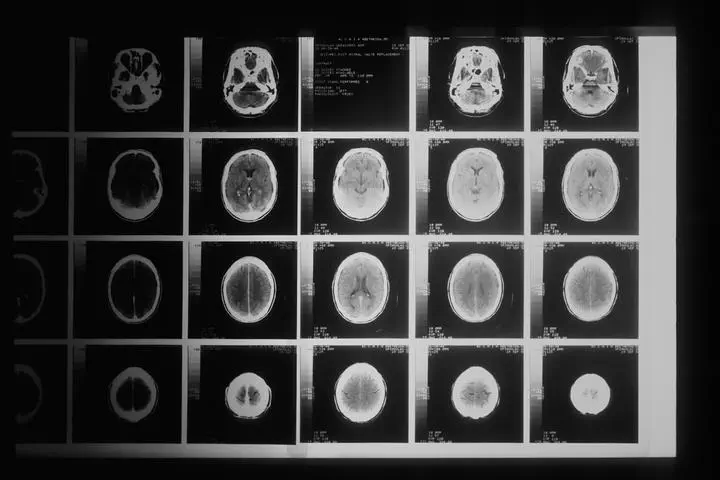Development of a Multimodal Machine Learning-Based Prognostication Model for Traumatic Brain Injury : A CENTER-TBI and CINTER-TBI Study
 Image credit: Unsplash
Image credit: UnsplashAbstract
Computed tomography (CT) is an important imaging modality for guiding prognostication in patients with traumatic brain injury (TBI). However, because of the specialized expertise necessary, timely and dependable TBI prognostication based on CT imaging remains challenging. This study aimed to enhance the efficiency and reliability of TBI prognostication by employing machine learning (ML) techniques on CT images. A retrospective analysis was conducted on the Collaborative European NeuroTrauma Effectiveness Research in TBI (CENTER-TBI) data set (n = 1016). An ML-driven binary classifier was developed to predict favorable or unfavorable outcomes at 6 months post-injury. The prognostic performance was assessed using the area under the curve (AUC) over fivefold cross-validation and compared with conventional models that depend on clinical variables and CT scoring systems. An external validation was performed using the Comparative Indian Neurotrauma Effectiveness Research in Traumatic Brain Injury (CINTER-TBI) data set (n = 348). The developed model achieved superior performance without the necessity for manual CT assessments (AUC = 0.846) compared with the model based on the clinical and laboratory variables (AUC = 0.817 [95% CI 0.814–0.820]) and established CT scoring systems requiring manual interpretations (AUC = 0.829 for Marshall and 0.838 for International Mission for Prognosis and Analysis of Clinical Trials in TBI [IMPACT]). The external validation demonstrated the prognostic capacity of the developed model to be significantly better (AUC = 0.859) than the model using clinical variables (AUC = 0.809). This study established an ML-based model that provides efficient and reliable TBI prognosis based on CT scans, with potential implications for earlier intervention and improved patient outcomes.